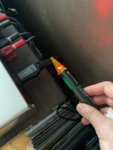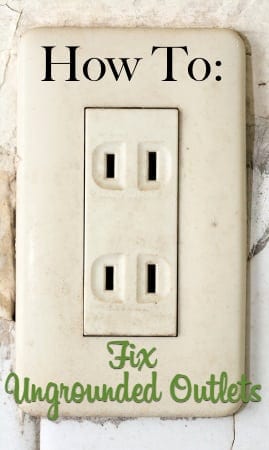Hi guys,
First, I'm still a bit of a novice to the hi-fi world, so I appreciate all of the advice you share, thanks in advance.
I had read through this thread and decided to buy a couple of 2 meter Pangea AC-14SE power cables. One is for a Cambridge Audio CXA80 and another for a subwoofer. I changed out the original power cables and ran the Pangea cables. I'm trying to listen and do some A/B comparisons with and without headphones - haven't heard a big difference yet.
So, my question is that I tried doing what Kaan did in this video to check the cable for leakage (noise) (see the link below, the Video tab on the page) - changing magnet field from AC induces voltage - I believe this is how the physics works.
The Pangea Audio AC 14SE MKII Signature Power Cable is designed from source components and delivers an extremely clean and noise free power delievered through some of the best copper on the planet.
www.audioadvisor.com
But, actually, the Pangea cable sets off the voltage detector.

Is this thing supposed to do this? I thought that the shielding was supposed to prevent it.
I'm using this stray voltage detector - I think this is the same kind of device that Kaan uses, but I'm not sure. The users manual actually says that it won't detect anything from a shielded cable:
GT-11VoltageDetector
:
The Pangea cable seems to set off the voltage detector in the same way as the original cable - if I increase the volume (power) the distance that the voltage meter goes off increases, but it is pretty much the same between the Pangea and the original cable. I have two of these, and both Pangea cables do the same thing, so seems like a trend.
Hmm, so not sure if there are other benefits, but the shielding sure seems like it isn't working. What do you think? I will also follow-up with Audio Advisors where I bought it but thought I would check in with the knowledgeable folks here.
Thanks!




